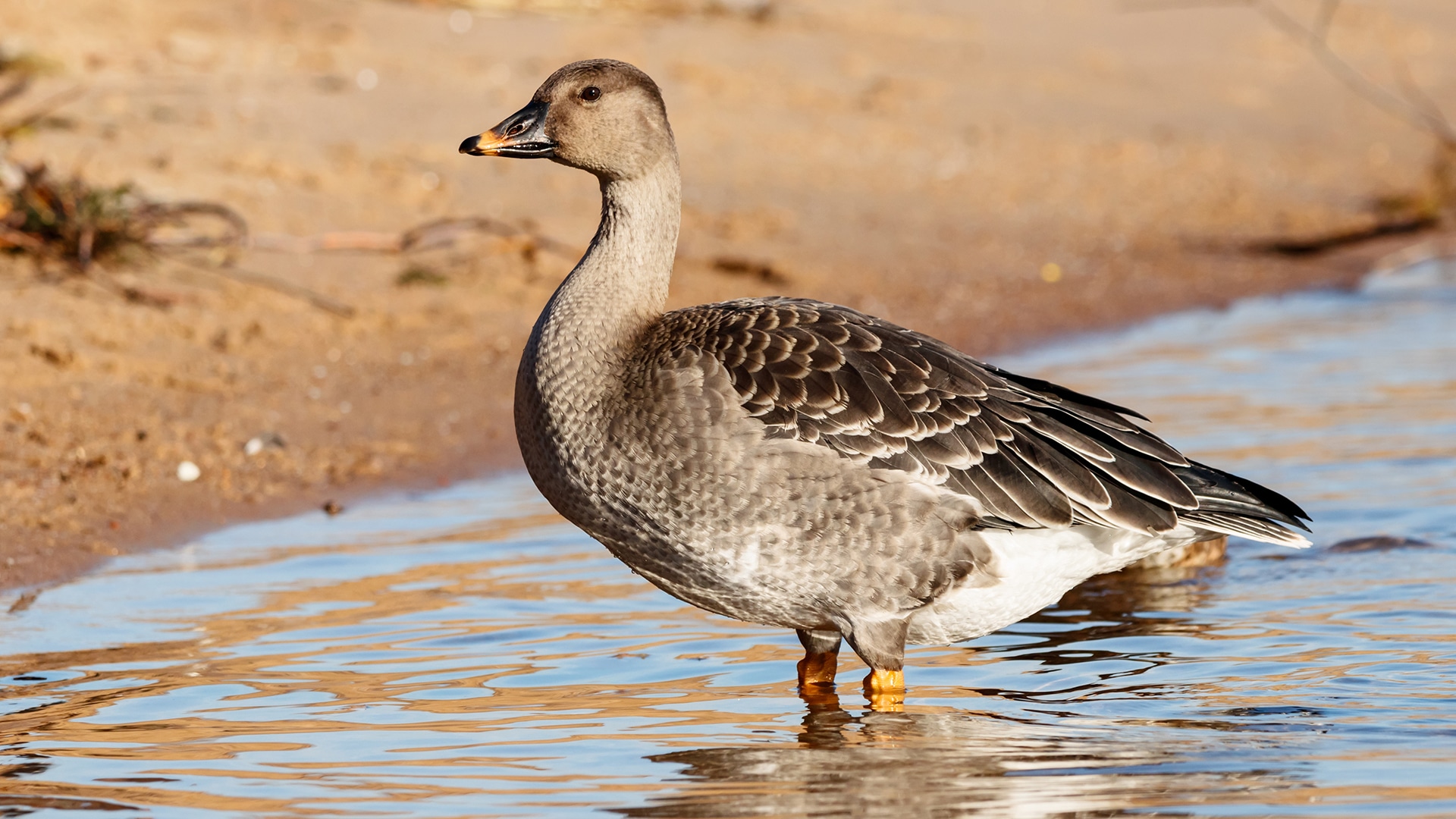New genetics study reveals unknown relationship between the Taiga and Tundra Bean Goose
Enabled by the SciLifeLab National Genomics Infrastructure (NGI), researchers from Uppsala University, University of Oulu (Finland), and Wageningen University & Research (the Netherlands) studied the relationship between two species of geese, the Taiga Bean Goose, and the Tundra Bean Goose. Based on their results the authors argue that both groups should be treated as subspecies instead of species.
At first, the researchers reconstructed the recent evolutionary history of both bird species after re-sequencing the whole genomes of 18 individuals (9 of each taxon) – using a combination of population genomic summary statistics and demographic modeling. Sequencing was performed at the SciLifeLab National Genomics Infrastructure (NGI). Their results, published in Nature Heredity, paint a picture of how one group of geese separated geographically (through allopatric divergence – when populations of a species are geographically divided) into two, some 2.5 million years ago.
Much more recently, about 60.000 years ago, they came into contact again. The data reveals that since then, mainly the Tundra Bean Goose subsequently came into contact with the Taiga Bean Goose through introgression events – transfer of genetic information between species through hybridization and backcrossing – with high levels of gene flow.
Today they share a largely undifferentiated genomic landscape (genome-wide FST = 0.033). There are, however, a few notable differentiation peaks scattered across different chromosomes, that might either contain barrier loci – parts of genes that resist changing when species mix through introgression events – or arose in allopatry through linked selection.
Based on three main findings the researchers argue that instead of grouping the geese as two different species, the Taiga and the Tundra Bean Goose should be treated as subspecies:
1: Low genetic differentiation between the two groups of geese.
2: Considerable morphological variation.
3: Incomplete reproductive isolation.





